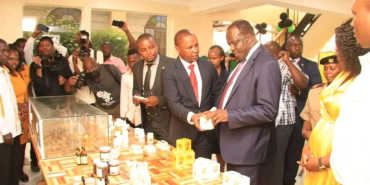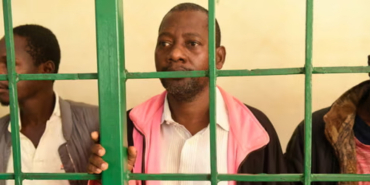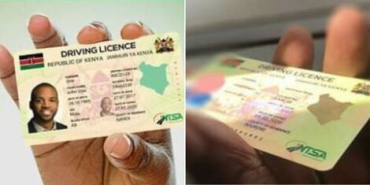Kenya Convicts Four for Attempting to Export Thousands of Queen Ants

A Kenyan court has sentenced four individuals—two Belgian nationals, a Vietnamese citizen, and a Kenyan—to either one year in prison or a fine of $7,700 each for the illegal possession and attempted smuggling of thousands of live ants.
The Jomo Kenyatta International Airport (JKIA) Law Courts delivered the verdict, marking one of the first major prosecutions in Kenya concerning the trafficking of insect species. The accused, identified as Belgian nationals Lornoy David and Seppe Lodewijckx, Vietnamese citizen Duh Hung Nguyen, and Kenyan national Dennis Ng’ang’a, were apprehended in early April at a guest house in Naivasha. Authorities discovered approximately 5,000 live queen ants, meticulously stored in over 2,000 test tubes, in the possession of the Belgian nationals.
Ng’ang’a and Nguyen were caught with around 400 live ants. Despite the defendants pleading guilty and claiming they were unaware of the legal ramifications and collected the insects as a hobby, the court ruled their actions violated the Wildlife Conservation and Management Act. The Kenya Wildlife Service (KWS) has lauded the court's decision as a critical move in combating the shifting dynamics of illegal wildlife trade. Officials emphasize that such trafficking undermines biodiversity, destabilizes ecosystems, and promotes the spread of invasive species.
A report presented by the National Museums of Kenya highlights ants' vital role in environmental health, including pest control, seed dispersal, and nutrient recycling. The mass removal of queen ants can disrupt ecological balance, threatening local plant and animal life. While wildlife trafficking has historically centered on large, charismatic animals such as elephants and rhinos, conservationists are warning of a shift toward lesser-known species that play critical roles in their ecosystems.
The demand for rare insects, particularly queen ants, has grown substantially in exotic pet markets in Europe and Asia, where collectors value them for their colony-building abilities and pest control characteristics. Some species can fetch thousands of dollars, with rarer types commanding as much as $100 per insect. Many trafficked insect species ultimately end up in foreign markets, where they are bred and sold, often evading legal scrutiny.














Add new comment